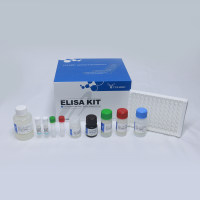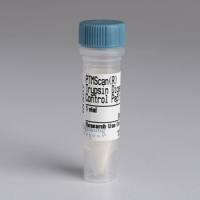Particle-Mediated Gene Transfer into Dendritic Cells: A Novel Strategy for the Induction of Immune Responses against Tumor Antigens
The expression of a foreign protein in the skin following direct in vivo gene transfer results in the induction of potent cellular and humoral immune responses. This strategy, now known as genetic or DNA immunization, was first described by Johnston et al. in 1992. They reported that bombardment of murine skin with an expression plasmid encoding human growth hormone coated onto microscopic gold particles using a gene gun resulted not only in the systemic delivery of the molecule, but also in the induction of antigenspecific antibody responses (1 ). It is now well established that DNA immunization by particle-mediated gene transfer promotes broad-based and long-lasting antigen-specific immune responses capable of protecting against challenges with infectious agents and tumor cells in rodents [reviewed in (2 ,3 )]. Importantly, gene gun immunization elicits both humoral and cellular immunity, consisting of antibody responses specific for conformational determinants, as well as, antigen-specific CD8+ cytotoxic T cells and CD4+ T-helper cells. For this reason, it represents an attractive novel approach for the clinical development of prophylactic and therapeutic vaccines against certain infectious diseases and tumors. We are currently investigating, like many other tumor immunologists, whether DNA-based immunization can lead to the induction of potent cellular and humoral immune responses against defined tumor antigens that are associated with tumor rejection activity in vivo.
![预览]()






